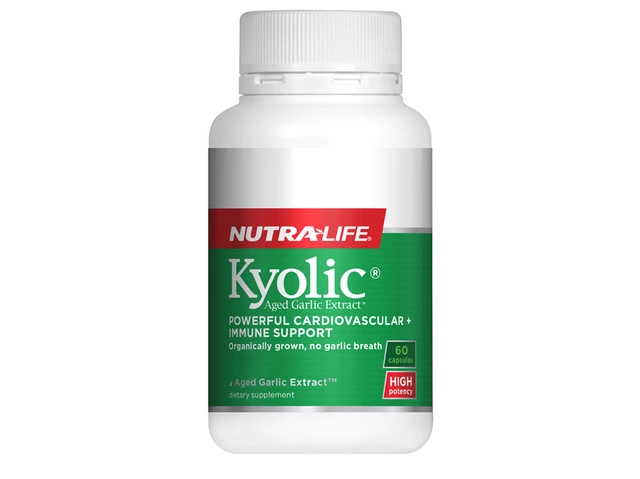Steroid Safety: Practical Steps to Protect Your Health
Thinking about steroids or already using them? Good to pause and get a clear safety plan. Steroids can change your body fast, but they can also cause serious problems—liver stress, heart strain, mood swings, and long-term fertility issues. You don't need a lecture; you need straight, useful steps that lower risk and help you spot trouble early.
Quick safety checklist
Use this as a simple guide you can follow right now:
- Talk to a doctor before starting. An honest medical check can flag risks you didn’t know about.
- Baseline lab work: get liver enzymes, lipids, blood pressure, fasting glucose, CBC, and reproductive hormones checked before you begin.
- Keep monitoring while using. Repeat tests regularly so problems show up early, not too late.
- Avoid sketchy sources. Counterfeit products are common and dangerous—buy only from trusted, licensed suppliers.
- Practice injection hygiene: use sterile needles, rotate injection sites, and dispose of sharps safely.
- Plan for recovery. Talk with a clinician about restoring natural hormones when you stop.
None of the steps above are glamorous, but they cut real harm. Regular checks give you the chance to stop or dial back before things get worse.
What to watch for and when to act
Some side effects need fast attention. Get medical help if you notice severe abdominal pain (possible liver issue), chest pain or shortness of breath (heart or clot risk), sudden vision problems, severe mood changes, or high fevers. For ongoing issues like rising blood pressure, bad cholesterol, or persistent mood swings, talk to your doctor about stopping or changing your approach.
Worried about fertility? Steroids can reduce sperm count and make conception harder. If you want kids later, consider sperm banking before starting or consult a fertility specialist for options.
Mental health matters. Many users report mood swings, anxiety, or aggression. Don’t shrug these off—talk to a mental health professional if mood or behavior changes affect relationships, work, or daily life.
Final practical notes: keep a record of what you use (substances, amounts, dates) and share it with your clinician. Focus on proven basics too—sleep, nutrition, consistent training, and smart recovery—these give real gains without extra risk. If you want help finding a doctor who understands performance medicine or harm reduction, look for an endocrinologist or a clinic that offers confidential advice.
Safety isn’t a guarantee, but it’s your best bet for keeping gains while protecting your life and long-term health.

Breaks down if anabolicsking.com is a real online pharmacy for steroids, shows how buying works, looks at prices, and explains how safe it really is.
Chris Gore Jul 31, 2025




